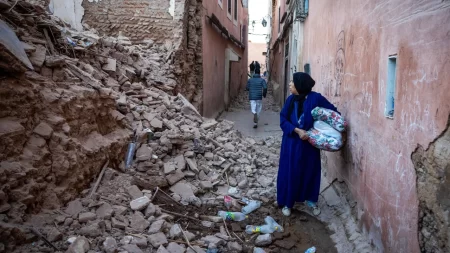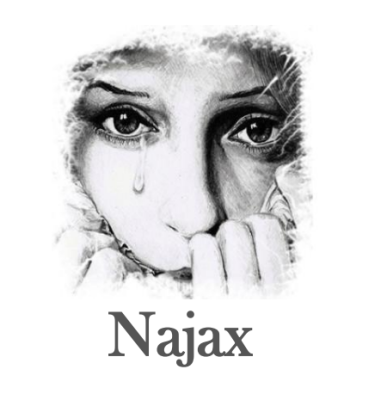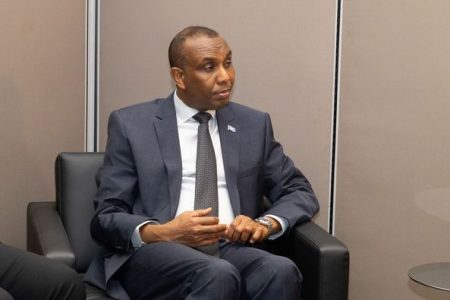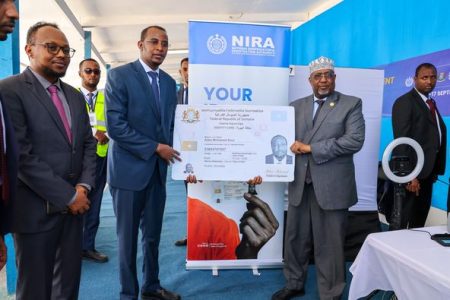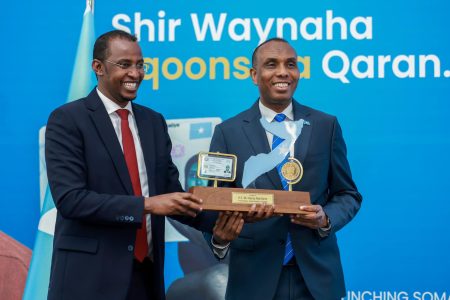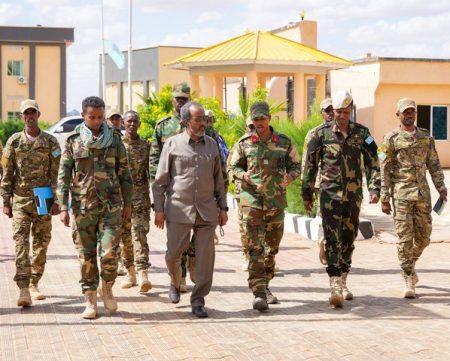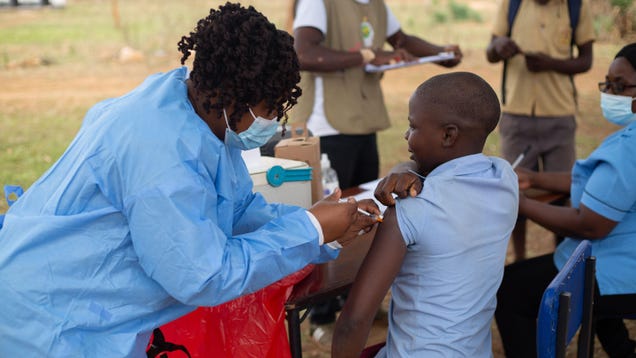
Aspen Pharmacare’s vaccine production line in South Africa has been idle for months.
Last year, its South African subsidiary, Aspen SA Operations, signed a contract with Johnson & Johnson (J&J) to produce its covid vaccine, but lack of demand for it has been dramatic. In the first two months, it did not receive a single order. The lack of interest in the J&J-branded vaccine risked jeopardizing he viability of a 450 million-dose manufacturing line.
Orders of the J&J vaccine dropped after the US Food and Drug Administration recommended its use only in cases where one of the mRNA vaccines—Pfizer and Moderna—weren’t available. But even the version of the vaccine named Aspenovax, the Aspen-branded version of the vaccine that the company had the right to market and price for Africa, failed to get sufficient orders. Aspen had considered turning the production to analgesics or other products, while remaining available for J&J and Aspenovax’s covid vaccines should there be demand.
But a new deal has the potential not only to support the existing production line, but launch a new era of African-made vaccines.
Unlike the agreement with J&J, this time Aspen contracted with a vaccine-maker based outside a wealthy western country: the Serum Institute of India, or the world’s largest producer of vaccines.
Made in Africa, with India
According to the announcement, Aspen SA Operations signed a deal to produce vaccines for the African market by packaging bulk drug substance—the actual vaccine ingredients—produced by the Serum Institute.
The four vaccines will be pneumococcal, rotavirus, polyvalent meningococcal, and hexavalent (which protects kids from diphtheria, tetanus, pertussis, poliomyelitis, haemophilus B, and hepatitis B), and will be Aspen-branded, marketed, and distributed across Africa via agreements with governments, international organizations, and the private market.
Since these are routine immunizations across all of Africa, Aspen SA Operations is much better positioned to receive sufficient orders for them. Aspen’s shares climbed 6% after the deal’s announcement.
But the significance of the deal goes beyond the impact for the companies involved. Aspenovax was a western-made vaccine marketed in Africa, but the four vaccines in the agreement represent an important case of cooperation and business partnership between two middle-income countries outside the west.
Fresh from seeing rich countries hoard covid vaccines, African and Asian nations have been working to develop new pharmaceutical hubs and partnerships, have the capacity to tackle future health emergencies independently. And while the four vaccines are not part of an effort to develop innovative new products, they show the potential of agreements that bypass the know-how—as well as patent and licensing costs—of western nations.


